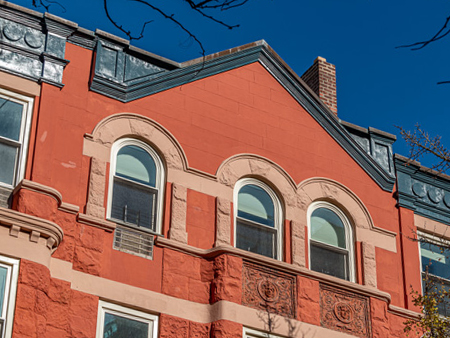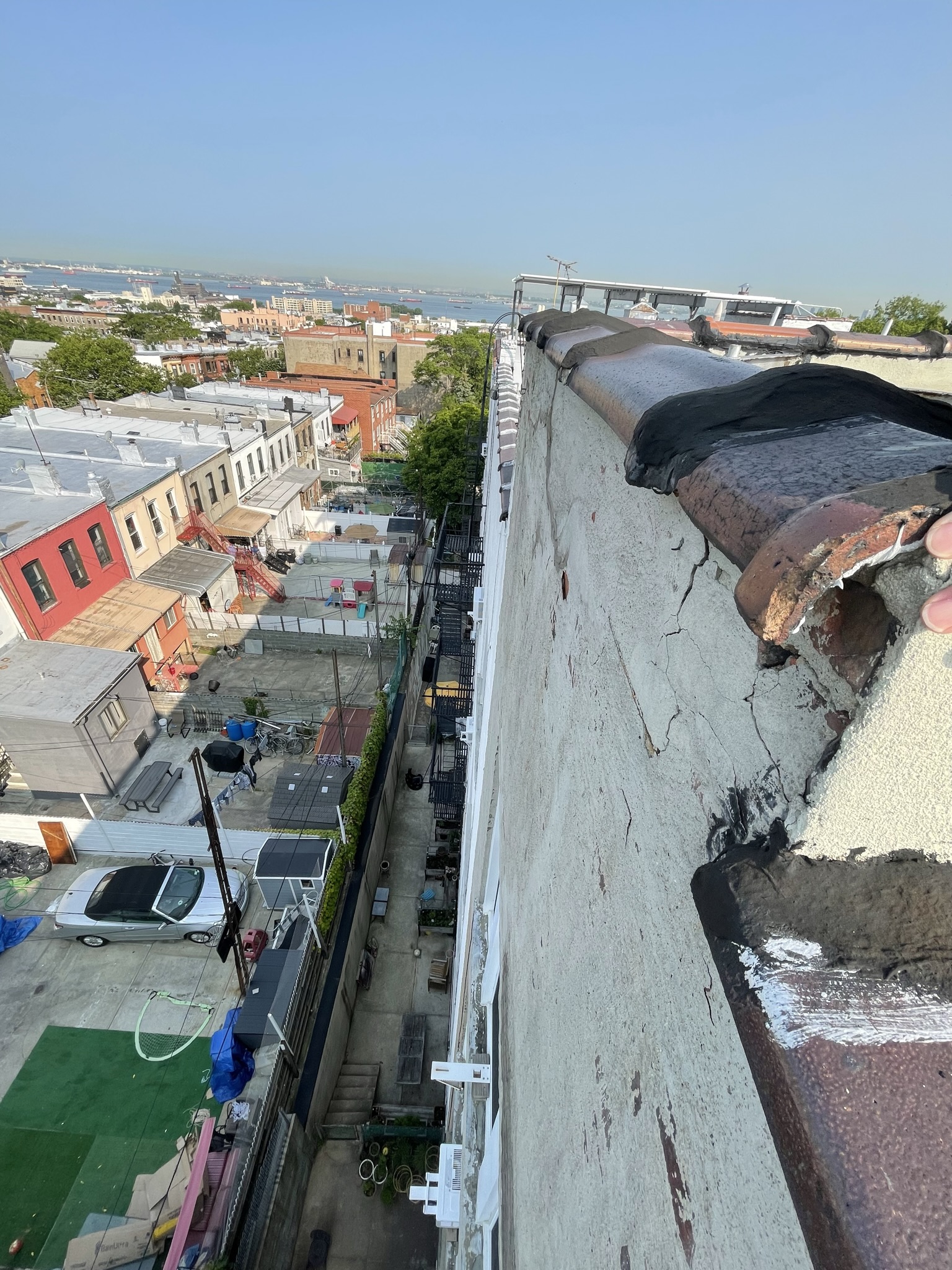By the Numbers
By Elizabeth McNamara | From Preservation | Spring 2012
42
Duration, in minutes, of the Preservation Green Lab press conference, held Jan. 24, 2012, during which the National Trust reported on the environmental and economic value of reusing buildings. Six different building typologies were tested across four U.S. cities—Phoenix, Chicago, Atlanta, and Portland, Ore.—each representing a different climate zone
98.003 quadrillion
Total amount of energy, in BTUs, used in the United States each year
3:51
Time, in minutes and seconds, President Barack Obama dedicated to renewable energy and climate change in his 2012 State of the Union address, in which he stated, “The easiest way to save money is to waste less energy,” and proposed giving businesses incentives to upgrade their buildings
$20 billion
Amount of money that would be saved in the United States if the energy efficiency of commercial and industrial buildings improved by 10 percent 925 million Square footage of building space demolished in the United States in 1996
1 billion
Estimated square footage of building space demolished and replaced with new construction in the United States each year
82 billion
Estimated square footage of space the Brookings Institution projects Americans will demolish and replace with new construction between 2005 and 2030, representing 25 percent of today’s existing building stock
46
Maximum percentage of energy saved through building reuse instead of new construction, comparing buildings with the same energy performance level
42
Time, in years, for the average new, energy-efficient commercial office building in Portland, Ore., to cancel out the negative climate change effects of its construction
50
Time, in years, for the average new, energy-efficient single-family house in Portland to cancel out the negative climate change effects of its construction
231,000
Metric tons of CO2 not emitted in Multnomah County, Ore., if, over the next decade, 1 percent of existing commercial office space and single-family houses is retrofitted and reused instead of demolished, amounting to 15 percent of Multnomah County’s target
Elizabeth McNamara is an assistant editor for Preservation.



